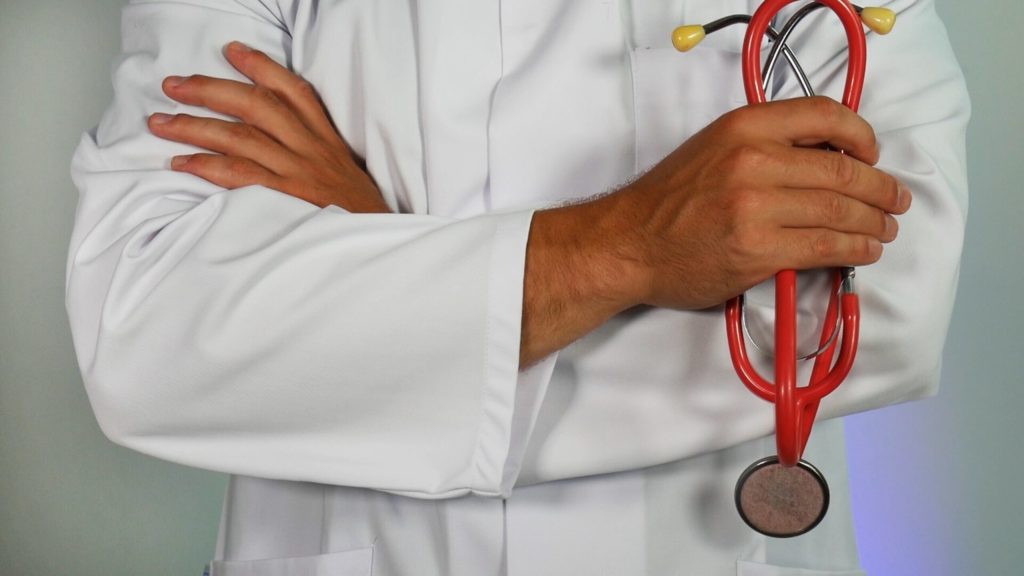Since the pandemic began in 2019, there has been an enormous demand for health care professionals at all levels, in all positions. And with the huge focus on healthcare heroes, there has never been a better time to start studying for your dream medical career.
It may seem daunting, but it doesn’t have to be. Vocational technical training schools have made it easier, and faster than ever to become qualified to enter the medical field – in as little as a year!
Technical training schools can help with training for:
- Home Health Aide
- Medical Assistant
- Pharmacy Tech
- Patient Care Tech
- Dialysis Patient Care Tech
The medical field is exploding right now. It takes a simple search for technical schools near me to see how much the medical field is booming. There are more job openings than there are qualified applicants to fill them. This is an excellent opportunity for anyone looking for a new career or who wants to get started in an existing one by attending a technical school for medical. The demand for health care professionals is at an all-time high, and there are not enough qualified people to fill those positions.

Home Health Aide
A home health aide is a person who is trained to give primary medical care, such as changing bandages or checking vital signs, to people in their own homes. Some home health aides also help with grocery shopping, laundry, and errands. Home health aides work closely with patients to ensure they are doing well. They have a variety of duties, depending on the patient’s needs.
Home health aides may also be called personal care assistants (PCAs), personal care attendants (PCAs), caregivers, or companions.
Home health aides typically do the following:
- Monitor the patient’s behavior and report any changes to family members, friends, or a supervisor
- Help patients by serving meals, shopping for food, and preparing meals
- Help with bathing and grooming
- Accompany patients on visits to doctors and trips outside the home
- Run errands for patients, such as taking them to the bank or post office
- Take vital signs, such as temperature or blood pressure, or change dressings on wounds
Medical Assistant
A medical assistant is someone who assists doctors and nurses. They help administer patient care under the supervision of a doctor or nurse. Medical assistants can take care of many tasks in a doctor’s office, including giving injections and drawing blood. Medical assistants can also perform various tests and help with front desk duties, such as answering phones and scheduling appointments.
Are there different kinds of medical assistants?
Yes, there are two types of medical assistants — clinical medical assistants and administrative medical assistants. Clinical medical assistants perform tasks directly related to patient care, while administrative medical assistants help with paperwork and other office tasks.
Medical assistants are in high demand because of the nationwide shortage of professionals in the healthcare field. They can receive training from technical training schools. This is mainly due to an aging population and many medical professionals set to retire in the coming years. Many people will also be required to enter the healthcare system due to Obamacare.
Pharmacy Tech
According to the Bureau of Labor Statistics, the pharmacy technician field is expected to grow by 12 percent through 2024 — much faster than the average growth rate for all occupations. That translates into roughly 37,400 new jobs in the next few years, and medical tech school can help you get one of these jobs.
Of course, job opportunities are only part of the equation. Before you jump into medical training, you should know what you’re getting into. Pharmacy technicians work primarily in retail pharmacies but can also be employed in hospitals, nursing homes, and outpatient clinics.
Pharmacy techs work in pharmacies and drug stores, helping licensed pharmacists fill prescriptions and serve customers. Pharmacy techs do not need to be licensed in most states. However, they often have to pass a certification exam, which usually involves completing an approved training program and working under a pharmacist’s supervision for a certain number of hours.
Patient Care Tech
Patient Care Techs can work in a variety of settings. The following are examples of places you can work as a Patient Care Tech:
- Hospitals
- Urgent care centers
- Nursing homes and assisted living facilities
- Outpatient centers
- Doctors’ offices and clinics
Often, the terms patient care tech and medical assistant are used interchangeably, and this is because their job duties overlap. Some patient care techs perform additional tasks that medical assistants do not, such as drawing blood or performing EKGs.
In general, patient care technicians work under the supervision of nurses to help provide direct patient care in hospitals, doctor’s offices, and other healthcare facilities.
The term “patient care tech” can refer to various positions in the healthcare field. For instance, you could become a certified nurse aide (CNA), phlebotomist, or EKG technician and be referred to as a patient care technician. However, the title is most closely associated with the duties performed by CNAs and medical assistants.
Dialysis Patient Care Tech
A Dialysis Patient Care Technician is responsible for assisting patients with the process of dialysis, which helps those with kidney issues. This type of tech works with the dialysis equipment and performs numerous tests to ensure that everything is working correctly. They also monitor their patient’s vital signs and make sure that they are comfortable during the procedure.
As a Dialysis Patient Care Technician, you will be able to work in various settings such as hospitals, doctors’ offices, or dialysis centers. You’ll enjoy an excellent salary and have the ability to help others improve their quality of life by attending medical training school.
Get Started Today With GMTTI
If you’re interested in an exciting new career path, there is no better time than now to get medical training. There are many careers for those with medical certifications, and one of the best ways to get started is through medical courses from GMTTI.

